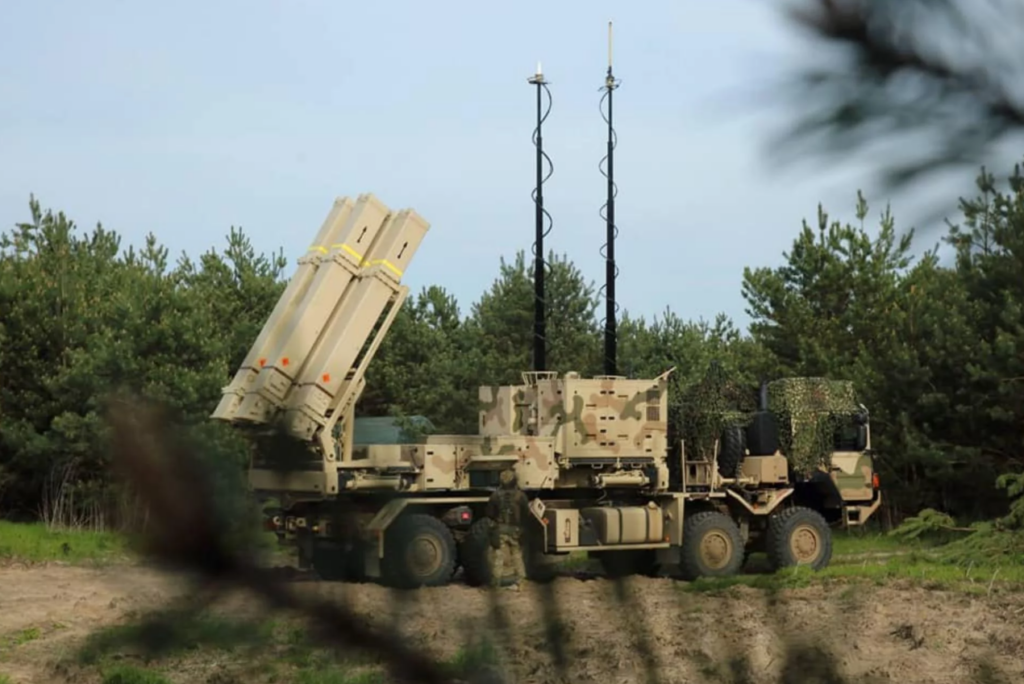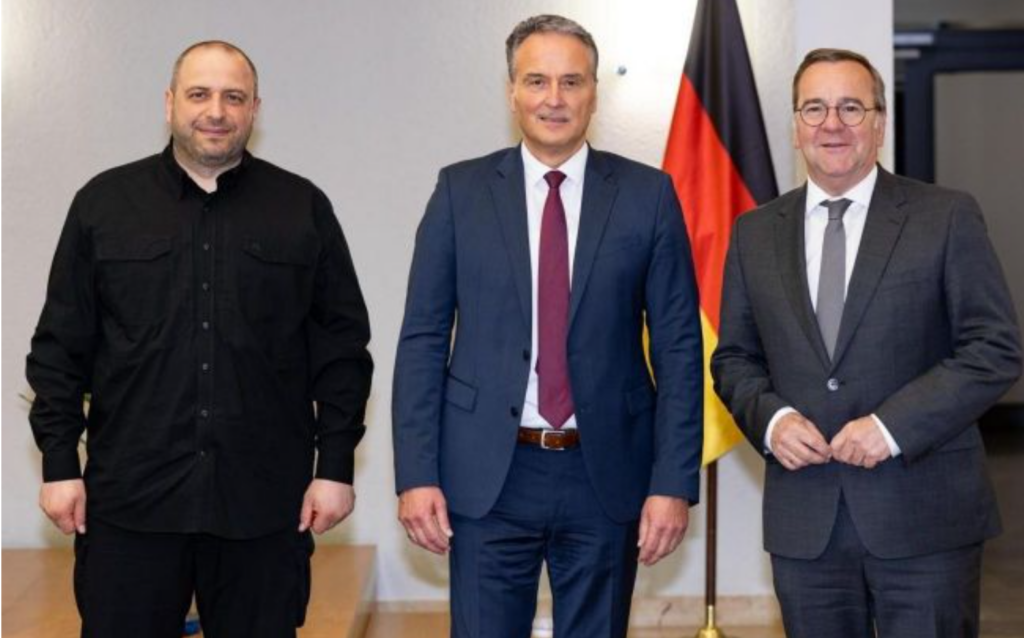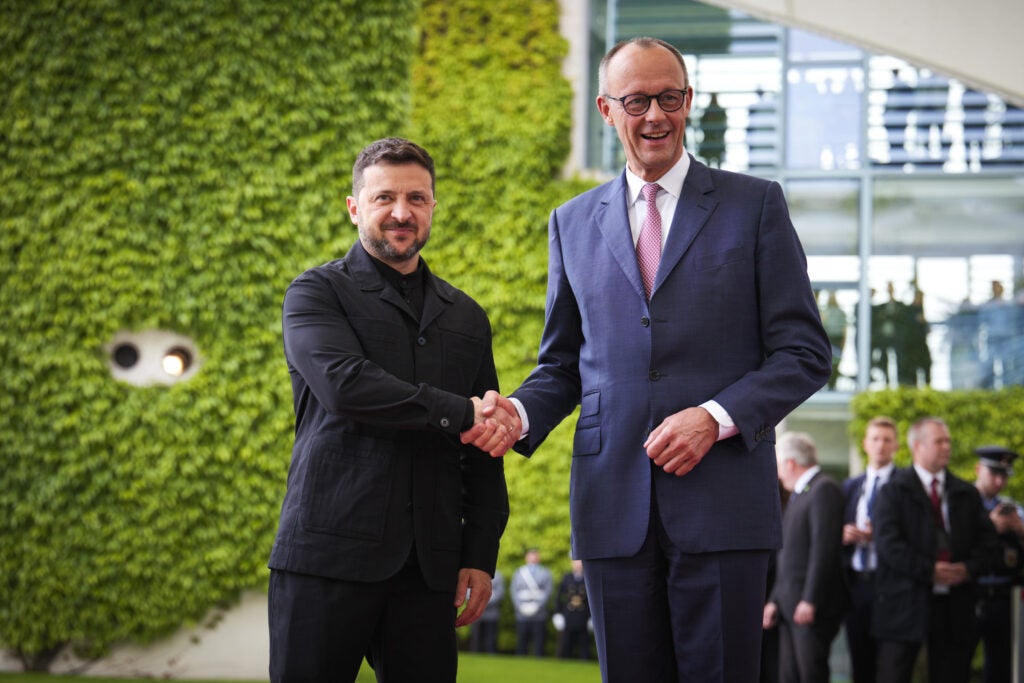Germany and Ukraine Sign €2.2 Billion Contract for IRIS-T Air Defense Systems
During President Zelenskyy’s official visit to Germany on May 28, Ukraine’s Defense Minister Rustem Umerov signed a strategic arms agreement in Berlin. Under this deal, German firm Diehl Defence will produce and deliver advanced IRIS-T surface-launched air defense systems and interceptor missiles in a contract valued at €2.2 billion. The contract is part of a wider €5.65 billion German military aid package to Ukraine and was described by Kyiv as a critical boost to its air defense during the ongoing war with Russia.

The new agreement covers four complete IRIS-T surface-launched units, each including mobile launchers, radars, command centers, and missiles. These IRIS-T SL (Surface-Launched) systems, especially in their medium-range (SLM) configuration, can intercept aircraft, cruise missiles, drones, and helicopters at ranges of up to about 40 km and altitudes near 20 km. Each mobile launcher carries Diehl’s IRIS-T missile, which uses infrared homing guidance and a high-explosive warhead to engage high-speed targets. In addition to these medium-range batteries, Ukraine has also fielded IRIS-T SLS (Short Range) systems. The SLS version, built around the simpler IRIS-T air-to-air missile, has a shorter range (around 12 km) and lower altitude ceiling (6–8 km), making it a more cost-effective and mobile layer of air defense that can be carried on light trucks.

Germany’s defense ministry confirmed the delivery of five IRIS-T SLS batteries (each containing two truck-mounted launchers) to Ukraine, enhancing its short-range air defense amid heavy Russian missile and drone attacks. Ukrainian forces report that the IRIS-T systems already in service have proven extremely effective. The Ministry of Defense notes an interception rate nearing 99% for these batteries, including one engagement where 15 incoming cruise missiles were neutralized in a single instance. Such successes, prominently featured in Ukrainian military media, have motivated Ukraine to order additional IRIS-T missile defense systems.
Finally, Kyiv’s defense officials underscored the broader significance of the deal. The ministry publicly thanked Germany, stating, “We sincerely thank our German partners for their leadership and steadfast support of Ukraine in resisting Russian aggression”. It also described the contract as not merely a technical reinforcement but “a step toward greater strategic independence and production autonomy” for Ukraine. In summary, this agreement deepened military cooperation with Germany and strengthened Ukraine’s integrated air and missile defense systems against future Russian attacks.

